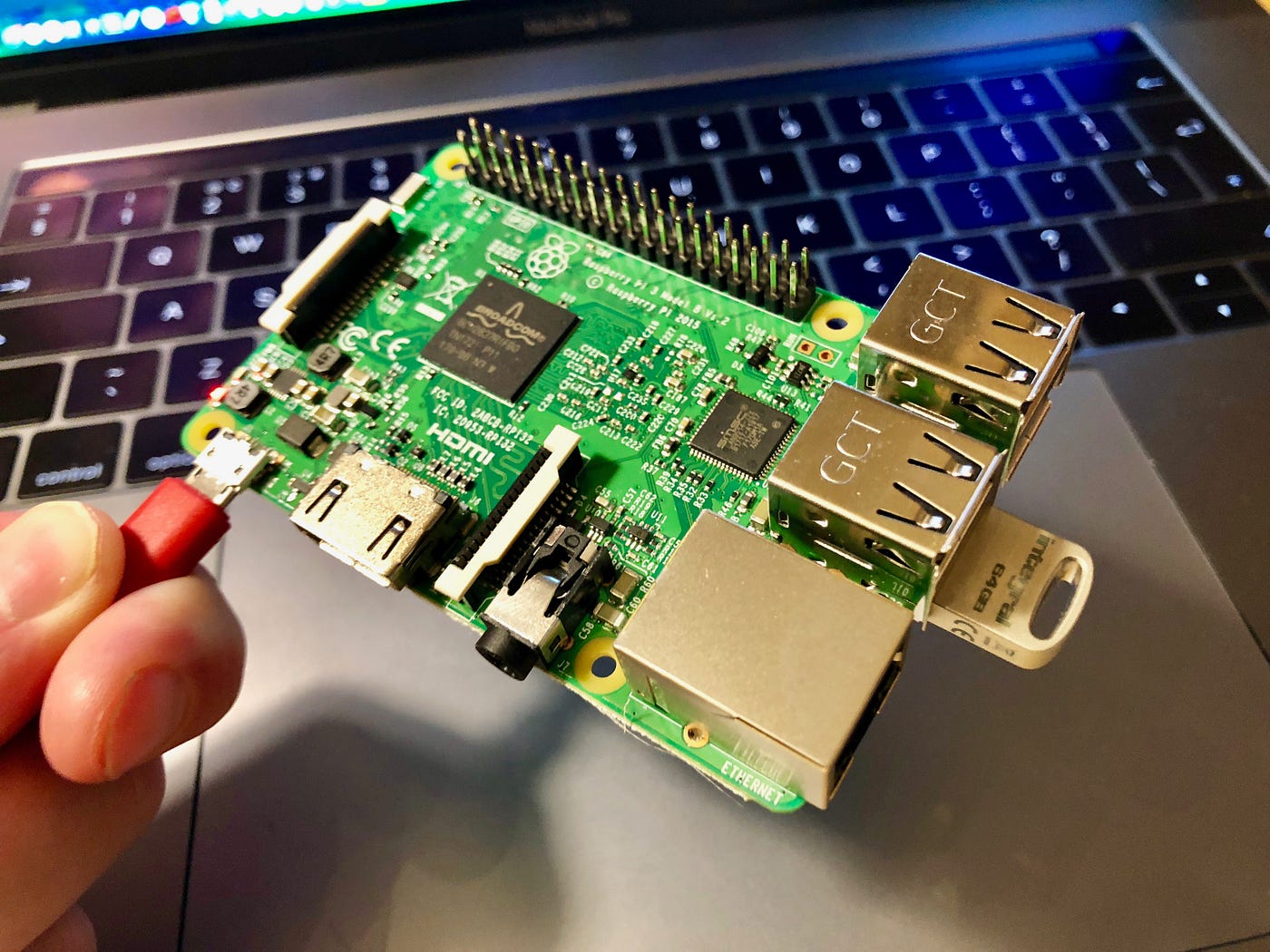

The Arcanite was only a tiny bit slower than the SSDs and the Corsair in the quick sequential tests, and the Ultra Fit was actually slightly faster than the Ultra Flair. The Arcanite and the SanDisk Ultra Fit perform much worse for long-duration file copies than all the rest. I believe that the scale should be 'Mbps', but I need to go back to my data and verify what exactly was measured, and re-generate the graph below. This test doesn't sustain the maximum sequential throughput for the drive, but it does take a long time and tests how well the different devices handle heat from constant write activity.

And the Corsair GTX is by far the fastest USB flash drive I've ever tested.īut there's one other test I wanted to do before closing the book on performance, and that's a 10 GB file copy over the network. So overall, it looks like a decent quality NVMe drive and USB enclosure is going to give the best overall performance. And the XPG NMVe drive is at least twice as fast as every other option when it comes to random write performance.

The performance of the older flash drives remains abysmal, with even the microSD card trouncing them in random 4K write performance.īut the Arcanite also falls off quite a bit in comparison to the SSDs and the Corsair. Random IO performance paints a more complex picture. The Arcanite does well here, but it does lag a little bit behind the SSDs and even the Corsair GTX. The sequential results show a huge gap between the SSDs and fast new USB flash drives and the cheaper older-generation flash drives and the microSD card.įrom what I've found, it seems like most USB flash drives perform the same as a microSD card in a USB adapter: So how did all these drives perform? I ran all the tests booting the Pi from the device that was being tested, and I also ran the same benchmarks on my fastest microSD card, a Samsung Evo Plus. I ran benchmarks on every one of these drives, testing their sequential read and write performance with hdparm and dd (to test large file operations), as well as their random 4K read and write performance with iozone (to test more general usage patterns when booting or running apps on a Pi).
#Raspberry pi usb drive format utility plus


 0 kommentar(er)
0 kommentar(er)
